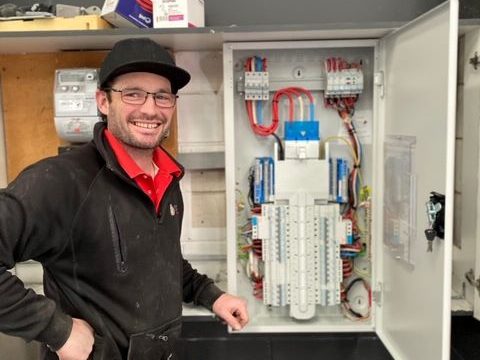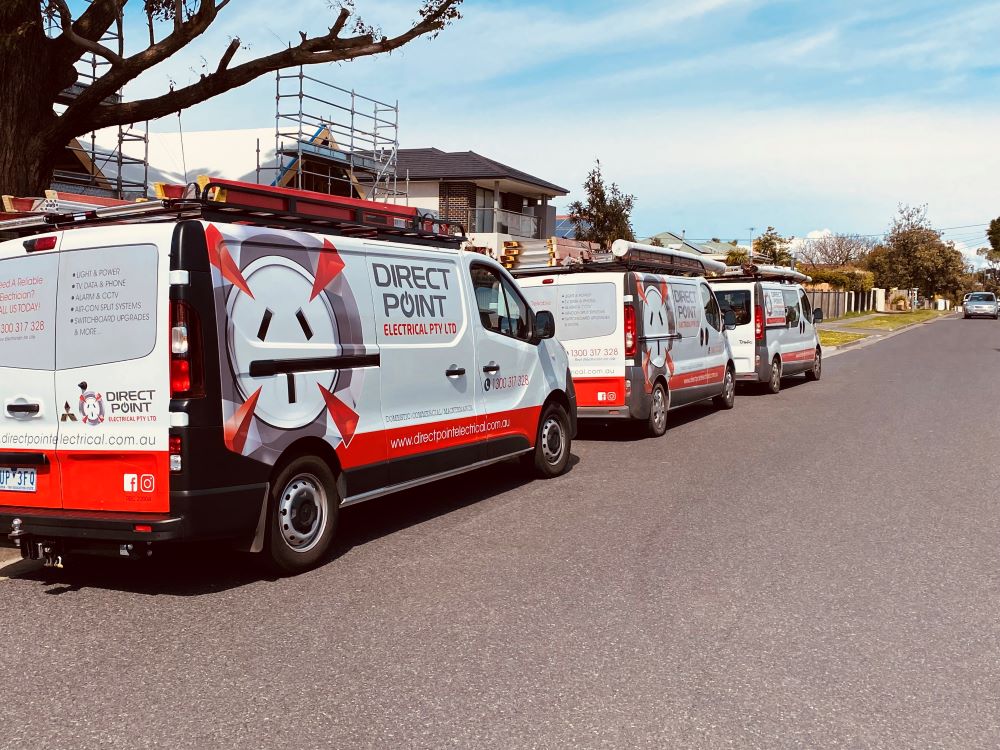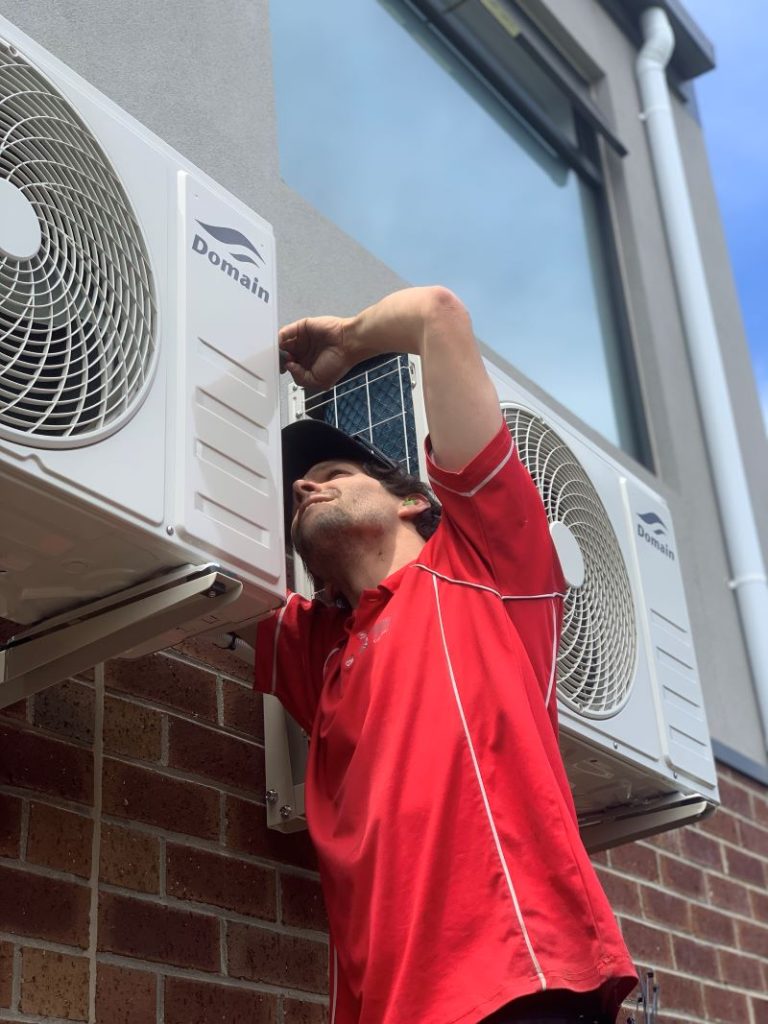Understanding the Importance of Regular Electrical Safety Inspections in Your Home
An electrical safety inspection is a crucial, in-depth evaluation of your home’s wiring, switchboard, outlets, and safety devices. This essential examination guarantees adherence to the Australian Standard AS/NZS 3000 and uncovers potential hazards, such as overloaded circuits, faulty wiring, or absent safety switches. Conducted by certified electricians, these inspections are vital for averting dangers like electric shock, devastating fires, and damage to your valuable electrical appliances.

Essential Electrical Safety Inspections All Homeowners Must Prioritise
Many homeowners often mistakenly believe that their home’s electrical system is functioning properly until a serious issue occurs. However, how can you be certain that your wiring isn't deteriorating behind the walls? Are you confident that your switchboard is operating correctly and is not at risk of overheating? Regular electrical safety inspections are not merely precautionary; they are a critical requirement, particularly in older suburbs like Narre Warren and Rowville. Given that many homes in these areas are over 40 years old, the original switchboards are often outdated and may require replacement. Whether you are buying, selling, renovating, or simply haven't had an inspection in years, comprehending the workings of these inspections and their significance is essential for safeguarding your home’s safety.
Comprehensive Overview of What an Electrical Safety Inspection Involves
An electrical safety inspection encompasses an exhaustive examination of your property’s complete electrical infrastructure. A qualified electrician will assess the condition, compliance, and operational efficiency of:
- Wiring and cable insulation
- Power outlets and light switches
- Switchboard and circuit breakers
- Residual Current Devices (RCDs) or safety switches
- Earthing and bonding systems
- Appliance connections and load capacity
- Smoke alarm wiring (if hardwired)
- External weatherproofing of outdoor circuits
At Direct Point Electrical, we meticulously adhere to all pertinent legislation and guidelines, including the AS/NZS 3000:2018 Wiring Rules, Energy Safe Victoria guidelines, and Victorian Rental Tenancy Regulations, ensuring that your home remains safe and compliant.
The Necessity of Electrical Inspections for Older Properties
Residences constructed prior to 1990 frequently employed outdated wiring techniques, including rubber-insulated or aluminium cabling. These materials can degrade over time, especially in regions exposed to heat or moisture. If your home has not been rewired or inspected in over 20 years, organising a safety inspection is absolutely imperative. We often identify serious concerns, such as:
- Non-earthed outlets
- Oversized fuses
- Lack of smoke alarms
- Circuits without RCDs
- Undersized cabling for contemporary electrical loads
These complications present significant dangers that can threaten both your property and personal safety, making timely inspections crucial for peace of mind.
Optimal Timing for Your Electrical Inspection
- Before purchasing or selling a property: This is often mandated by lenders and is a recommended practice for buyer diligence.
- Prior to renovations or major appliance upgrades: Confirming electrical safety before any modifications is essential.
- After experiencing flood, storm, or fire damage: Swift inspections help uncover any new hazards that may have developed.
- If your home is over 25 years old: Regular evaluations are vital for older properties.
- As a landlord, during the preparation of a rental property: Compliance and safety assessments are paramount.
Since March 2021, landlords in Victoria are mandated to conduct electrical safety checks every 2 years, in accordance with the Residential Tenancies Regulations 2021.
For further details, please visit: Victorian Government Consumer Affairs.
Detailed Breakdown of the Electrical Safety Inspection Procedure
Our licensed electricians perform a thorough walkthrough and evaluation of all accessible electrical systems, which includes:
- Testing every socket and switch for faults
- Checking polarity and voltage across all points
- Verifying the presence and functionality of RCDs
- Inspecting the switchboard layout, protection mechanisms, and correct labeling
- Utilising thermal imaging to identify overheating components (when necessary)
- Conducting earth loop impedance testing
- Documenting any illegal or DIY wiring
Upon completion of the inspection, you will receive a comprehensive written report detailing:
- Identified hazards
- Compliance status
- Immediate repair needs (if applicable)
- Suggested upgrades
- Recommendations for enhancing safety
Moreover, we provide a Certificate of Electrical Safety (COES) for any rectification work undertaken during the inspection, ensuring your peace of mind.
Steps to Take if Your Home Fails the Inspection
There’s no need to be alarmed. Many homes we assess require only minor enhancements, such as adding an RCD, replacing a few worn outlets, or rectifying an overloaded circuit. If we uncover significant issues (for example, non-earthed wiring or an outdated switchboard), we will prioritise safety risks and furnish you with a clear, fixed quote for the necessary repairs. To learn more about how we approach updates, please visit our electrical services page.
Understanding the Time Required for an Electrical Safety Inspection
The duration of most inspections generally varies from 1.5 to 2.5 hours, depending on the size and accessibility of the property. If you reside in a double-storey or split-level home, or have extensive outdoor power systems, the time may vary slightly to ensure a thorough assessment is achieved.
Financial Benefits of Scheduling Your Electrical Safety Inspection
Indeed, neglecting to identify issues such as leaking current, loose neutral connections, or improperly loaded circuits can result in substantial consequences, including:
- Increased power bills
- Reduced lifespan of your appliances
- Potential for costly repairs if problems remain unnoticed
Furthermore, early detection of faults protects you from possible financial burdens and legal ramifications linked to an electrical fire or injury claims, particularly if you are a landlord.
Frequently Asked Questions About Electrical Safety Inspections
What is the distinction between a safety inspection and an energy audit?
A safety inspection concentrates on identifying hazards and ensuring compliance with safety codes, whereas an energy audit evaluates efficiency and provides recommendations for minimising energy usage.
Should I turn off the power during the inspection?
It is not always necessary to turn off the power. Some tests may necessitate brief disconnections, but the majority of the inspection can proceed with the power on.
Am I liable for penalties if I overlook safety checks?
If you are a landlord, the answer is affirmative. Under the Residential Tenancies Act, failing to conduct bi-annual safety checks can result in fines or complications with rental listings, which can be quite severe.
Is a safety inspection required if I have solar panels?
Yes, a safety inspection is essential. Solar systems encompass additional components that require testing, including isolators, inverters, and export limits, all of which must comply with safety standards.
Can DIY electrical modifications negatively affect my inspection?
It certainly can. Any non-compliant or unlicensed alterations must be rectified before we can issue a safety clearance, emphasising the importance of professional oversight.
Your Reliable Local Electrician for Comprehensive Electrical Safety Inspections
Investing in electrical safety inspections is among the most crucial and cost-effective protective measures for your home. These inspections can avert tragic incidents, and if your property is older, has recently undergone renovations, or hasn't been professionally checked in many years, now is the perfect time to take proactive measures.
Contact Direct Point Electrical today to arrange your professional inspection and guarantee your home’s electrical safety.
Trustworthy Local Electricians You Can Rely On
Electrical Safety Inspections Explained: What Melbourne Homeowners Must Know
The Article: Electrical Safety Inspections: Essential Guide for Melbourne Homeowners first appeared on https://writebuff.com
The Article Essential Guide to Electrical Safety Inspections for Melbourne Homeowners Was Found On https://limitsofstrategy.com



